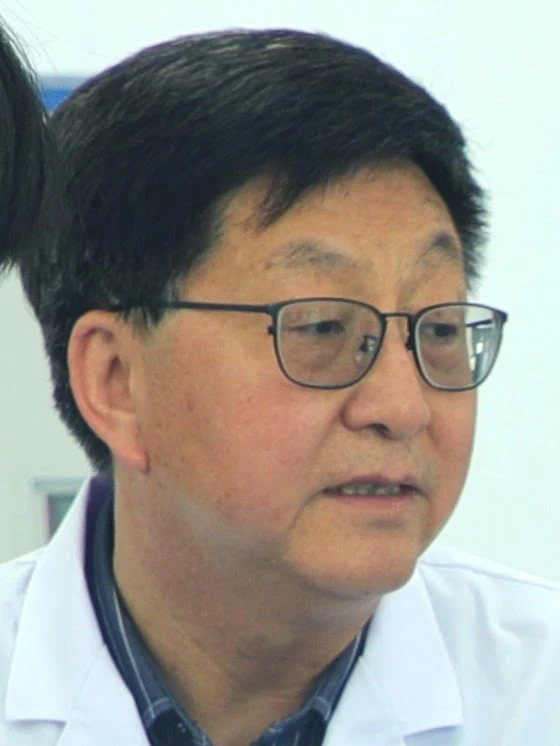
Dr. Xingping Zhang is the Deputy Director of the Peking University Institute of Advanced Agricultural Sciences (PKU-IAAS). He earned his Ph.D. in Genetics from Clemson University in 1995 and has extensive experience across both the private and public
sectors. Before joining the PKU-IAAS in August 2019, Dr. Zhang spent over 17 years with Syngenta in both the USA and China.
Dr. Zhang specializes in genetics, breeding, crop management, and intellectual property protection. He has made significant contributions to watermelon breeding and genetics, including the development of the landmark watermelon variety XiNong
No. 8, personal-sized seedless and Super-pollenizer watermelon varieties. Notable varieties developed under his guidance include Fascination, Crisp Delight, Manchester and El Ghali. His team also published the first telomere-to-telomere (T2T) gap-free
watermelon reference genome, Pku-G42, in Molecular Plant (2022), followed by the first genus-wide watermelon T2T super-pangenome in Nature Genetics (2024). In recognition of his contributions, Dr. Zhang was awarded the Lifetime Achievement Award at
Cucurbitaceae 2018.
At the PKU-IAAS, Dr. Zhang leads a research team focused on the genetics and breeding of various crops, including wheat, popcorn, watermelon, melon, winter squash, cucumber, tomato, and Chinese cabbage. Their research emphasizes designed
speed breeding and genomic selection, with a particular focus on enhancing disease resistance, quality, and yield across these crops.
Prolonged focus on yield and fruit quality has diminished genetic diversity in cultivated watermelon. To promote sustainable production and drive germplasm innovation, expanding genetic variation is crucial. Leveraging the first telomere-to-telomere (T2T) gap-free watermelon reference genome, Pku-G42, we developed a genus-level T2T super-pangenome for Citrullus, adding 399.2 Mb and 11,225 genes to the genome. Comparative analyses revealed gene variants and structural variations (SVs), providing insights into watermelon evolution and domestication, such as the trade-offs between increased bitterness and sugar content and reduced disease resistance. Disease-resistant loci from C. amarus and C. mucosospermus were successfully introgressed into cultivated C. lanatus. SV analysis suggested the involvement of additional ancestors beyond C. cordophanus in the watermelon lineage. Our research advances the understanding of watermelon genome diversity and highlights the potential for genetic improvement using wild relatives. A recombinant inbred line population was developed and utilized to identify genes lost during domestication. To further accelerate gene discovery and trait development, we established a pollen EMS mutagenesis protocol for watermelon, generating a high-quality mutation library in inbred G42. This library not only serves as a valuable resource for trait discovery but also provides useful mutants for new product development.
| Time | Session |
|---|---|
|
15:35
16:50
|
Zhang Xingping
Speaker
Deputy DirectorInstitute of Advanced Agricultural Sciences, Peking University
|